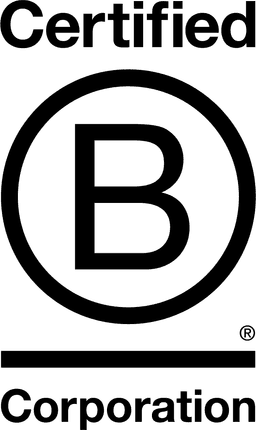

SESSUN

Provence-Alpes-Côte d'Azur, France
August 2024
Apparel
Wholesale/Retail
France,
Germany,
Spain,
Switzerland,
United Kingdom
The adventure began with a trip to Guatemala at the age of 21. Emma François was studying economic anthropology at the time, and the cultural and artisanal wealth offered by South America was a real discovery. The idea of designing a collection mixing local know-how and street culture took shape. Success was immediate. From the outset, Sessùn has been committed to a conscious approach based on quality and the enhancement of know-how, and has distinguished itself by its particular attention to detail, the maintenance of strong values and the extension of its universe to a true art of living. Present in nearly 400 points of sale in France and abroad through its own boutiques, corners and multi-brand stores, Sessùn is a living company, focused on people, thoughtful in its choices, a company of 300 creative employees, passionate about their work, driven by the desire to grow the company in a collaborative and innovative environment.
Overall B Impact Score
Governance 14.4
Governance evaluates a company's overall mission, engagement around its social/environmental impact, ethics, and transparency. This section also evaluates the ability of a company to protect their mission and formally consider stakeholders in decision making through their corporate structure (e.g. benefit corporation) or corporate governing documents.
What is this? A company with an Impact Business Model is intentionally designed to create a specific positive outcome for one of its stakeholders - such as workers, community, environment, or customers.
Workers 21.2
Workers evaluates a company’s contributions to its employees’ financial security, health & safety, wellness, career development, and engagement & satisfaction. In addition, this section recognizes business models designed to benefit workers, such as companies that are at least 40% owned by non-executive employees and those that have workforce development programs to support individuals with barriers to employment.
Community 16.2
Community evaluates a company’s engagement with and impact on the communities in which it operates, hires from, and sources from. Topics include diversity, equity & inclusion, economic impact, civic engagement, charitable giving, and supply chain management. In addition, this section recognizes business models that are designed to address specific community-oriented problems, such as poverty alleviation through fair trade sourcing or distribution via microenterprises, producer cooperative models, locally focused economic development, and formal charitable giving commitments.
Environment 23.5
Environment evaluates a company’s overall environmental management practices as well as its impact on the air, climate, water, land, and biodiversity. This includes the direct impact of a company’s operations and, when applicable its supply chain and distribution channels. This section also recognizes companies with environmentally innovative production processes and those that sell products or services that have a positive environmental impact. Some examples might include products and services that create renewable energy, reduce consumption or waste, conserve land or wildlife, provide less toxic alternatives to the market, or educate people about environmental problems.
Customers 5.6
Customers evaluates a company’s stewardship of its customers through the quality of its products and services, ethical marketing, data privacy and security, and feedback channels. In addition, this section recognizes products or services that are designed to address a particular social problem for or through its customers, such as health or educational products, arts & media products, serving underserved customers/clients, and services that improve the social impact of other businesses or organizations.
What is this? A company with an Impact Business Model is intentionally designed to create a specific positive outcome for one of its stakeholders - such as workers, community, environment, or customers.